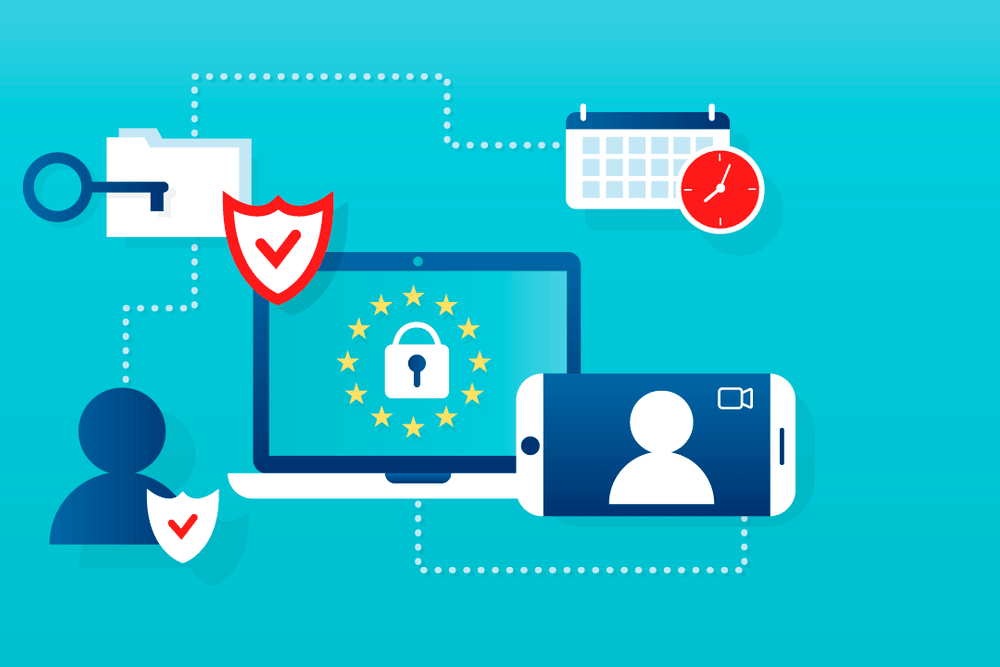The coronavirus has pushed many industries to rethink the way they do business and that is no different for the healthcare sector. With the need to keep people safe and at home as much as possible to diminish the number of resources needed and reduce contagion, many establishments had to rethink their workflows.
Emergency departments started triaging people over the phone, clinics started conducting virtual visits and hospitals stopped elective surgeries to maintain necessary resources for the influx of COVID-19 patients.
Many of the operational changes required technology that was either already in place or the need to quickly implement new software and processes. This generated more stress and unknown for many staff members and required training on top of the added workload of coronavirus patients.
That being said, the need for quick solutions outweighed the usual research and insight that normally goes into technology implementation. Where some healthcare professionals used applications such as Zoom to speak to their patients or gave sensitive information through email, many didn’t have the time to think about the security or privacy violations this could entail.
The Health Insurance Portability and Accountability Act (HIPAA) was placed for a reason. Although the pandemic threw many for a loop, the technology used to document, transmit and retain sensitive patient information should always be HIPAA-compliant in the healthcare sector.
As many healthcare establishments have now set up certain COVID-19 workflows and worked around other appointments and procedures, it’s time to sit back and look at the security behind the technology being used.

